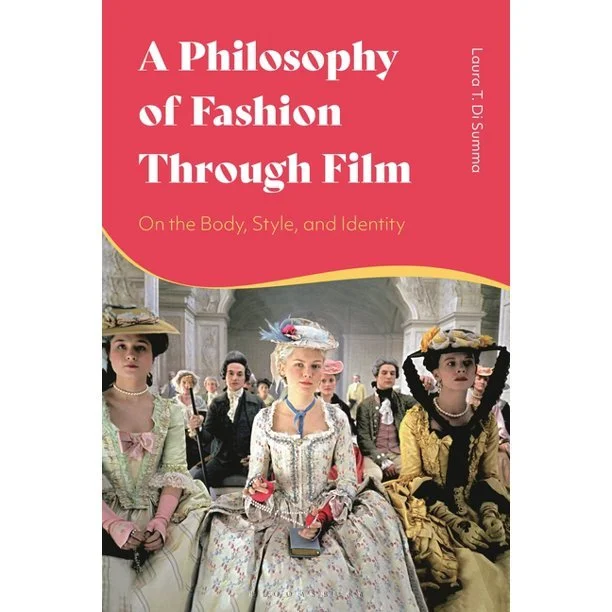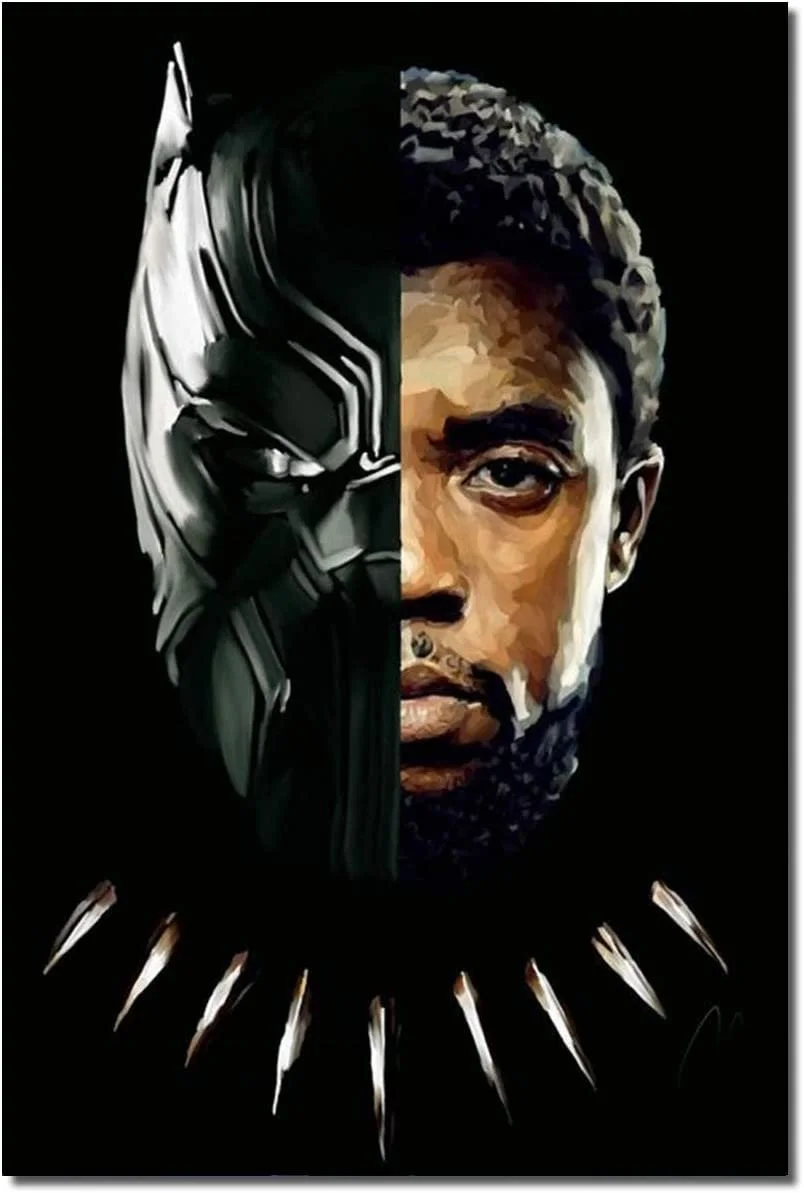Among academic philosophers, films are generally believed to have made a philosophical contribution when they make a compelling argument to a debate through the cinematic medium. In many films, costume choices contribute to the aesthetic statement being made by the filmmaker.
Laura T. Di Summa, an assistant professor of philosophy at William Paterson University, argues that movies provide a unique window onto identity, style and the body through costume choices and how they are used.
“Not every movie, of course, is capable of such a feat, and objections against movies’ ability to do philosophy have been raised,” she admits. “Nevertheless, I believe some movies can open avenues of philosophical discussion, and they can introduce ideas, questions, and perspectives that had not been previously considered.”
Once case in point is the 2018 film, Black Panther, the first major Marvel superhero movie to feature a black character in the lead role. The story takes place in an imaginary world, Wakanda, with costumes that combine futuristic technology and traditional African fashions.
“Such intermingling of technology and tradition, innovation, and meticulous historical and cultural research is the starting point for what in Black Panther is a visual commentary on bodies — on black bodies.”
Other films where Di Summa finds fashion engendering philosophical discussions pertaining to the body are George Miller’s Mad Max Fury Road and and Barry Jenkins’ Moonlight.
In separate chapters, she discusses issues of historical accuracy in costuming and narrative identities expressed through fashion. And she reviews the documentary on British fashion designer Alexander McQueen, titled McQueen, seeing in his collections an “explosion of identity.”

